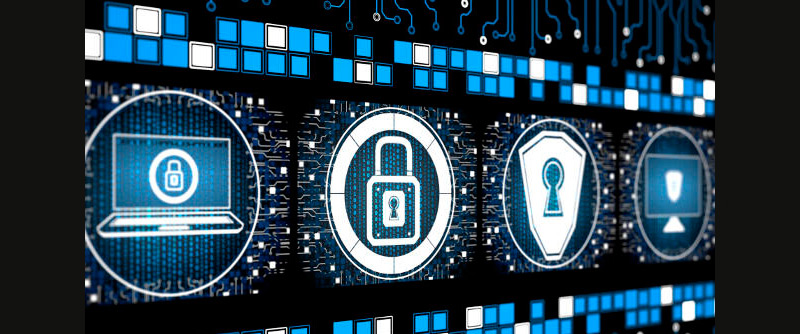
Index:
UPDATED ✅ Do you want to know how online anonymity and privacy differ? ⭐ ENTER HERE ⭐ and Learn Everything FROM ZERO!
privacy and anonymity There are two factors that must be taken into account when navigate in Internet. This raises a deep debate because it is not always possible to access the web 100% privately and remain anonymous.
Because of this, We have prepared the following article where we will explain if privacy and anonymity is really feasible on the Internet. But first it will be necessary to establish what difference there is between these two terms.
Finally, you can find information about massive digital espionage and how artificial intelligence becomes the key for organisms to spy on us.
Is a 100% private and anonymous Internet really possible?
Although it is true that there is General Data Protection Regulationalso known as GDPR, which regulates the protection of data of natural persons and that ensures that they they cannot be used or sold to companies if it is not anonymously, it has been shown that the total anonymity of an individual does not exist on the Internet. This is because it is possible through artificial intelligenceput together all the anonymous data and put together a true profile of a user.
Explained a little easier. The activities and personal information of a user is broken down into multiple anonymous data, which by themselves do not represent anything and information that is not general and is only useful for companies and organizations cannot be extracted. But, if artificial intelligence is used, all these scattered pieces can be put together and a puzzle can be put together to forcefully obtain the complete personal data of a user. With this process demographic, family and work aspects can be relatedamong many others.
It follows that, although there are more tools every day to improve the protection of personal data, these technologies they do not cover 100% of privacy, so it can be concluded that anonymity does not exist on the Internet. This has been demonstrated in recent studies carried out by the prestigious Imperial College in the United Kingdom, which showed how private information reaches the hands of important companies and security agencies.
What are the differences between privacy and anonymity in the digital world?

Many people get confused between these two terms, which are completely different. When talking about anonymity on the Internet it is interpreted as all the actions that a person performs and that cannot be identified by different tools. Therefore, only data from a pseudonym or an email account without grammatical logic remains in the records.
While privacy is meant to all the tasks and actions carried out by a person, whose identity or some characteristic of it is known, but who does not reveal all the personal data they have. For example, a person’s name may be known, but not their geographic location, age, or level of education. This happens a lot on social networks, online shopping platforms (in this case the name and address of the individual is known, but not their financial data) and on web pages that request a partial registration of private data.
Mass digital espionage How do the NSA and other centralized agencies spy on the world’s population?
The National Security Agency of the United States government It is the body that is in charge of the intelligence service. He reports to the Department of Defense and the president in charge all his analyzes related to the massive digital espionage. According to Edward Snowdenformer employee of the NSA, the intelligence service has access to data provided by companies on the Internet.
This can be done by stealthily entering servers Google, Facebook and other platforms to learn about the activities carried out by citizens. In this way, it is possible to know the conversations that he has, with whom he has them, the type of interest that moves the individual, his beliefs, economic level and the activities he carries out to earn a living. But not only the Security Agency of the United States carries out digital espionage, so do the intelligence services of the UK and most other countries.
It was shown that English spies had access to more than 200 fiber optic cables being able to intercept all types of communication. It is very common to know about the wiretapping carried out by this type of agency and the espionage suffered not only by people, but also by embassies and governments of opposing countries. From all this it follows that computer espionage at a massive level it is a very recurring technique used by the main intelligence agencies of the most powerful governments.
Artificial intelligence. Is this the key so that they can spy on us as they do?

As we mentioned in the previous paragraphs, artificial intelligence is the key to unite the different aspects of an anonymous profile like a real puzzle and thus be able to create the true profile of the user. This is a small trap, or legal circumvention, that companies and government entities make to the General Data Protection Regulation, since it establishes that the data can be shared as long as it is done anonymously. But nothing speaks, much less prohibits it, that they can be gathered to have the true profile of the people.
In other words, this European regulation does not say anything about the ability of artificial intelligence programs to join this anonymous data and know the real elements of a person. Therefore, it can be inferred that AI is the key for companies to be able to offer their products directly and for governments to know everything their citizens do.
Privacy